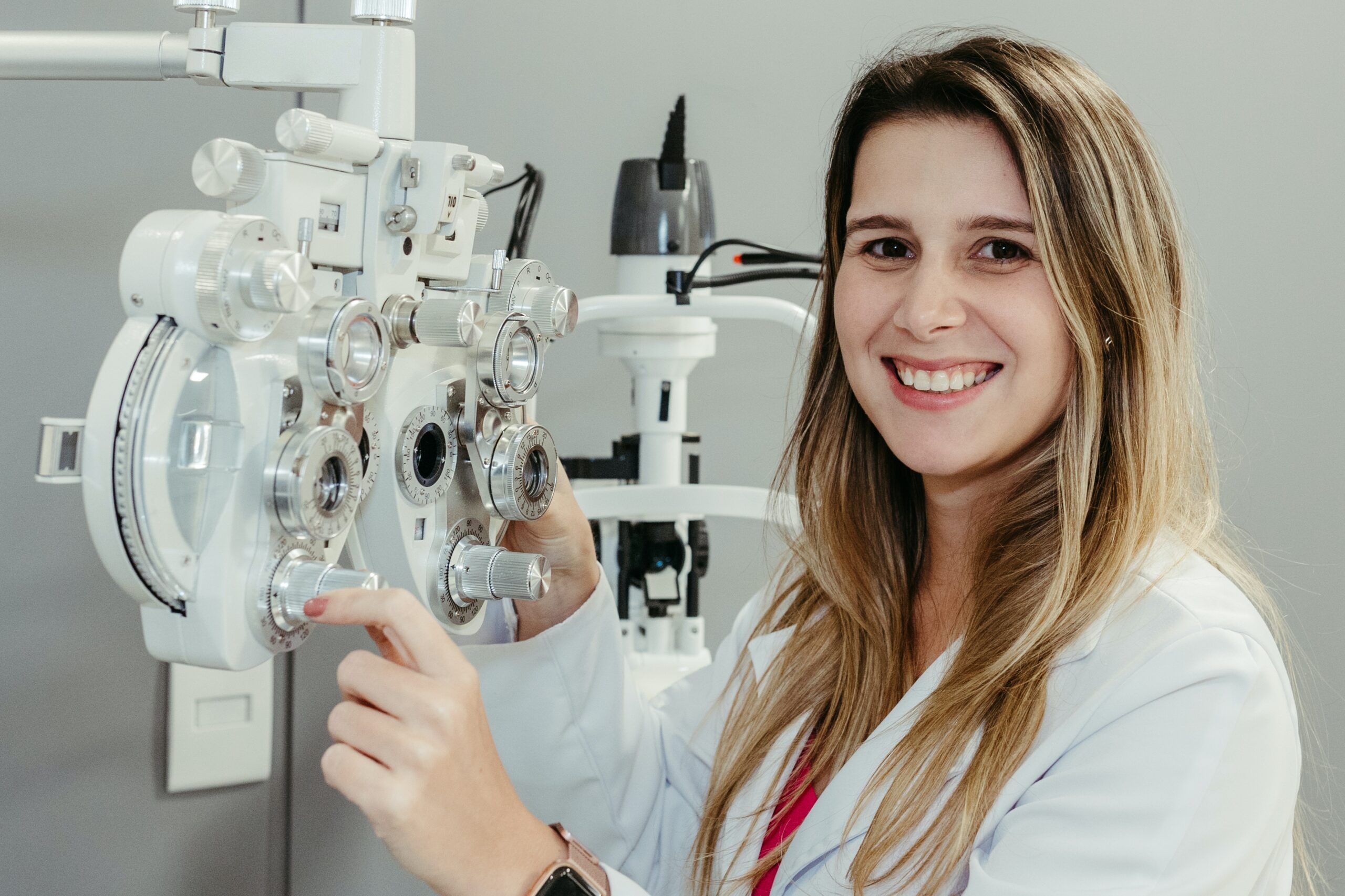Reproductive healthcare is an essential aspect of healthcare that encompasses a wide range of services related to sexual and reproductive health. These services include contraception, fertility treatments, STI testing and treatment, prenatal care, abortion, and postpartum care. Access to reproductive healthcare is a fundamental right that every person should have, but unfortunately, this is not always the case. In this blog post, we will discuss the importance of access to reproductive healthcare and its impact on individuals and society.
- Promotes overall health and wellbeing
Access to reproductive healthcare is essential for maintaining overall health and wellbeing. Regular check-ups and screenings can help to identify and prevent health issues such as cervical cancer, sexually transmitted infections (STIs), and infertility. Early diagnosis and treatment of these conditions can help to prevent complications and improve outcomes.
- Empowers individuals to make informed choices
Access to reproductive healthcare provides individuals with the information, tools, and resources they need to make informed choices about their sexual and reproductive health. This includes access to contraception, which can prevent unintended pregnancies and empower individuals to plan their families on their own terms. It also includes access to abortion services, which can provide individuals with the ability to make decisions about their own bodies and lives.
- Reduces maternal and infant mortality rates
Access to prenatal care and postpartum care is essential for reducing maternal and infant mortality rates. Prenatal care can help to identify and manage health issues that may arise during pregnancy, such as gestational diabetes or preeclampsia. Postpartum care can help to identify and manage postpartum depression and other health issues that may arise after childbirth.
- Promotes gender equality
Access to reproductive healthcare is essential for promoting gender equality. When women have access to contraception and abortion services, they can make decisions about their own bodies and lives. This allows them to pursue education, employment, and other opportunities that may not be available if they are forced to have children against their will. Access to reproductive healthcare also helps to reduce the burden of unpaid care work that often falls on women, allowing them to participate more fully in society.
- Supports economic growth
Access to reproductive healthcare supports economic growth by promoting family planning and reducing unintended pregnancies. When individuals can plan their families, they can make decisions about their education, employment, and other opportunities. This, in turn, can contribute to a more productive workforce and a stronger economy.
In conclusion, access to reproductive healthcare is essential for promoting overall health and wellbeing, empowering individuals to make informed choices, reducing maternal and infant mortality rates, promoting gender equality, and supporting economic growth. It is a fundamental right that every person should have, and we must work to ensure that access to reproductive healthcare is available to all.



